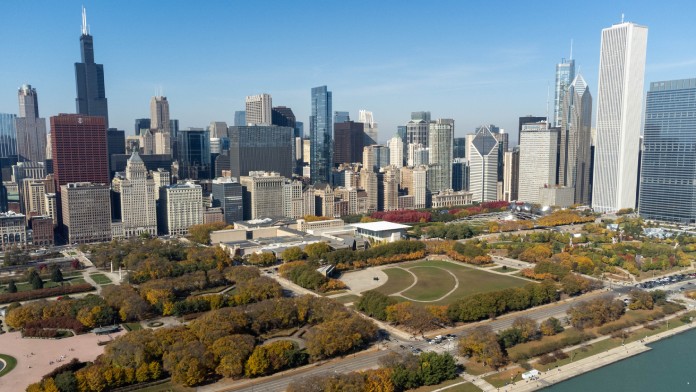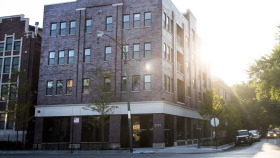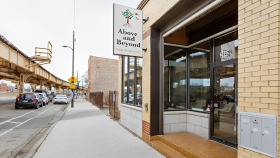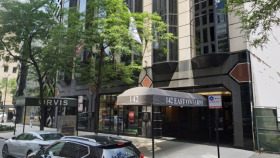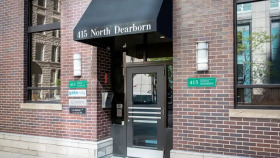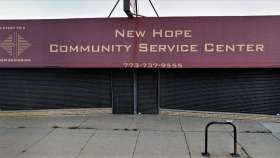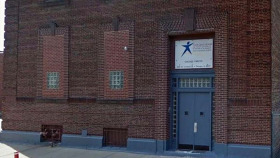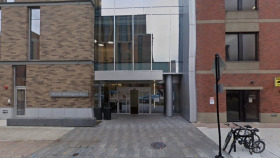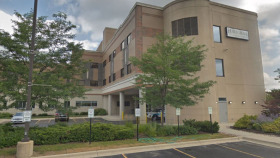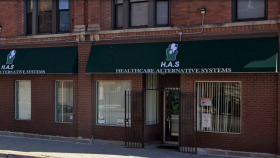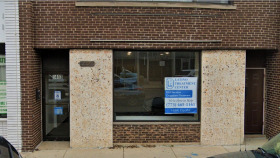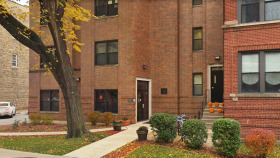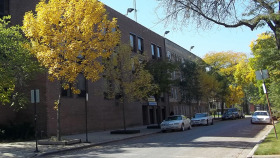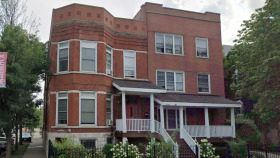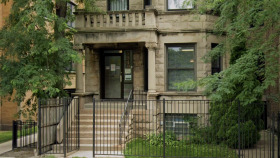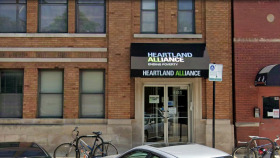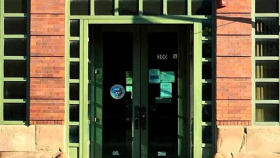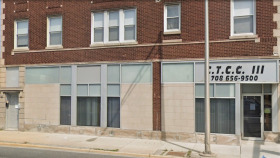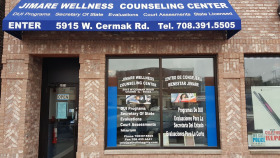Expert Insights
Pharmaceutical companies are finally paying out settlements for their role in the opioid epidemic. Chicago is slotted to receive around $78 million. With these funds, policy makers are supposed to strengthen programs that address the opioid crisis. Solutions that Chicago officials are looking at include expansion of medication assisted recovery programs and distribution of naloxone and fentanyl test strips. While there may be merit to some of these efforts, I see a red flag waving in the Windy City. These programs are giving the money right back to big pharma. Maybe we could focus more on non-drug-related solutions? Or use some of these funds to support families who have lost someone to overdose? Wouldn’t that be better than repadding the wallets of pharmaceutical execs?
~ Kerry Nenn
How Much Does Drug Rehab Cost in Chicago?
Substance abuse costs the United States approximately $600 billion annually, but treatment can help to alleviate these costs. Nationally, the average cost of a one-year methadone maintenance program is $126.00 per week or $6,552.00 per year.
Drug and alcohol rehabs in Chicago can vary in cost depending on the type of care utilized and the length of the programs. For example:
The cost of medical detoxification can average $12,183 per episode.
Intensive outpatient programs can average $4,939 per episode.
Typical outpatient programs can average $2,228 per episode.
Residential options are the most expensive, averaging $32,523 per episode.
Resources
- Chicago Department of Public Health. (June 2019). Alcohol Use and Outcomes in Chicago.
- Illinois Department of Health. (2019). The Opioid Crisis in Illinois: Data and the State’s Response.
- National Institute on Drug Abuse. (2022). Is drug addiction treatment worth its cost?
- Center for Medicare Advocacy. (2022). Medicare Coverage of Mental Health and Substance Abuse Services
- Staudt, S. (2022, June 15). Dynamics of drug possession charges in Illinois, from investigatory stops to sentences. Chicago Appleseed Center for Fair Courts. https://www.chicagoappleseed.org/2022/06/15/dynamics-of-drug-possession-charges-in-illinois/

